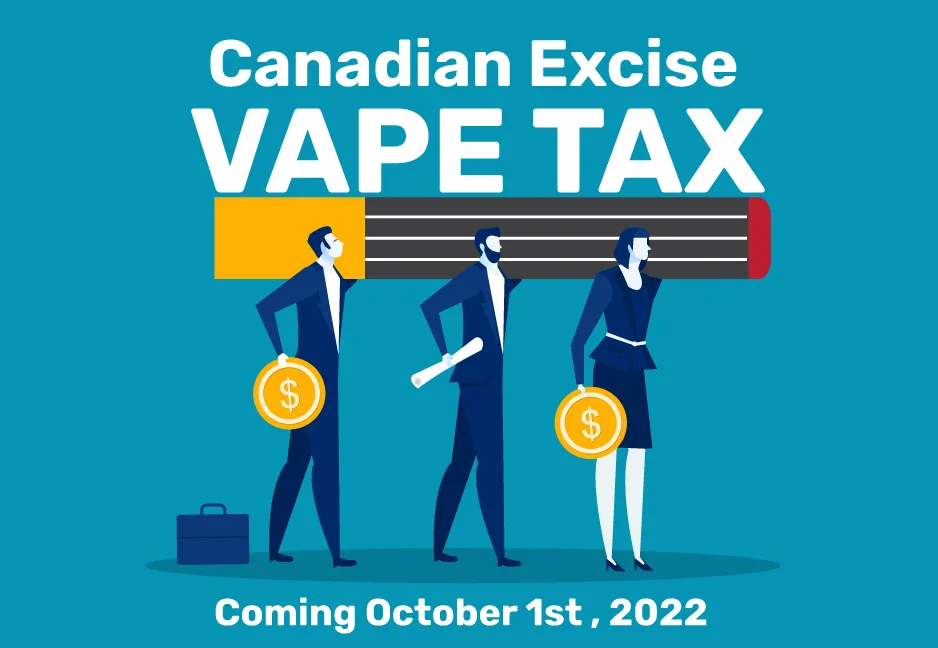Ottawa – Vaping rates among young people in Canada remain high, and the federal government recognizes the potential risks that vaping products pose to them. The Department of Finance released draft regulations to enable Alberta, Manitoba, New Brunswick, Yukon, and Prince Edward Island to participate in Canada’s coordinated vaping taxation framework. Ontario, Quebec, the Northwest Territories, and Nunavut are already parties to the framework.
In Budget 2024, the government announced a 12 per cent increase to vaping excise duty rates. This increase is the equivalent of 12 cents per typical vape pod in a non-participating jurisdiction, or 24 cents per typical vape pod in a participating jurisdiction. This increase would take effect on July 1, 2024, along with the implementation of the coordinated taxation regime in Ontario, Quebec, the Northwest Territories, and Nunavut.
Budget 2024 builds on the government’s recent work to combat the rise of vaping among younger Canadians. In Budget 2021, the government announced both the introduction of a new taxation framework for the imposition of excise duties on vaping products in 2022, and its intention to work with any provinces and territories interested in a federally coordinated approach to taxing these products. Under the framework, total revenues are to be split between federal and provincial and territorial governments on a 50/50 basis.
All Canadians and stakeholders, including Indigenous governments, organizations, and associations, are invited to share feedback on these proposals by emailing Consultation-Legislation@fin.gc.ca by July 22, 2024.








